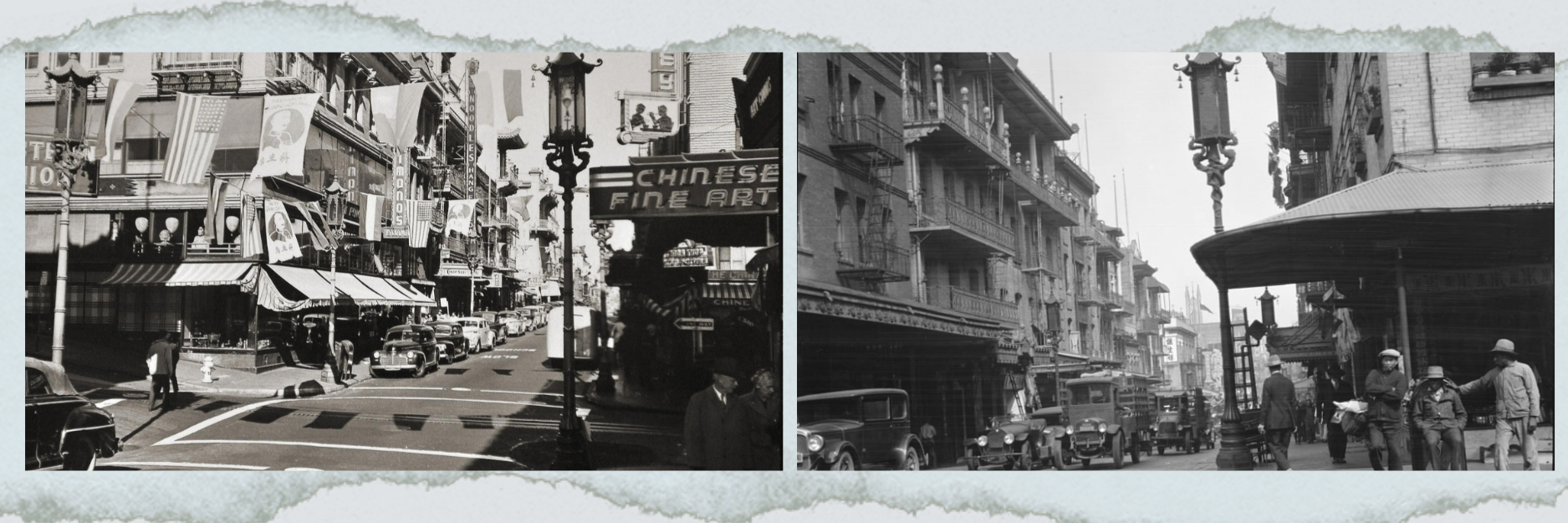James Poy Wong 黃培正

"What was done by our forefathers can not be reformed and ought not to be improved. Otherwise, our ancestors will lose face and we don’t want it to happen."
"The Quintessence of Chinese Culture"1
国粹
看鲁迅, 巴金, 或矛盾的文艺书的青年很多,看章回小说的也相当可观, 看性史之类的淫欲小说就更普偏。 今晨在电车中,我看见一个黄脸青春少女津津有味地读着粤曲,确实是我生平的奇观了。 不知道她念字还是心里唱。
粤曲到底有什么值得迷恋的东西,我不知道,但是有人拿起曲本来当小说读,在我确是觉得奇怪的。 中国人做什么都可以救国,唱粤曲当然也不能算例外。 上流人物整天忙着赴宴,欢迎什么首长, 专员,打电上中央,忙个不了。 青年也唱粤曲。 做做大戏,亲亲异性,亦忙个不了。 以中国人的逻辑来解释, “救亡” 和 “够忙” 似乎是没有什么分别。
确实,唱唱粤曲总比较 “发财上车” 或 “游窟子” 好得多,也可算是一种比较高尚的娱乐。 可惜我们贵国的人做事没有一件是纯粹的,样样都离不了 “醉翁之意”。 而且最近来有班土生男女也 “咿咿咿 。 。 。。。” 地唱了起来。 这点国粹居然走上红运,祖传的 “同化力” 渐渐发现了。
“保存国粹” “发扬国粹” 这样的口号似乎叫得不怎响亮,但是人们的心里, 已是普遍的在发扬国粹了。 粤曲当然不是外国传来的,是正道的国货。 古人唱过,祖父唱过,父亲也唱过,当然不错。 革命可以革去父亲的性命,革去父亲的钱财,但却革不去这祖传的遗产。 先人做过的不能改进,也不应改进。 不然,有失祖宗的面子,那确实是要不得的。 这样,呜呼!天下就太平了。
The Quintessence of Chinese Culture
Many Chinese adolescents are reading literary works by Lu Xun, Ba Jin, or Mao Dun. The ones reading traditional Chinese novels are sizable too, but those who read genres such as sex history and other licentious popular fictions are most common. As it sure is a marvelous spectacle in my life, I saw on a street car this morning a yellow-faced teenage girl reading with fondness the libretto of Cantonese opera. I wonder whether she is reading the words or singing in her head.
What is there in the Cantonese opera that one can be so obsessed with? I don’t know, but for me, I find it really strange to see someone reading the libretto like reading a novel. Chinese people can take everything they do as a way to save the country, so singing Cantonese opera is certainly not to be excluded. The upper class people are busy all day going to banquets, welcoming so-so special envoys, telegraphing to the Central government, bustling about without end. The young people are also singing Cantonese songs, performing operas, socializing with the opposite sex, bustling without end. To explain this phenomenon with Chinese logic, there is no difference between “saving the country” and being “really busy.”2
Certainly, singing Cantonese opera is much better than going to “free ride for fortune”3 or going to the whorehouse, as the opera is considered a relatively lofty entertainment. Unfortunately, our honorable countrymen never do things straightly as intended, and everything they do would not depart from “the drinker’s heart is not in the cup.” What is more, recently there have also been some native-born youngsters singing “Eee eee eee . . . .” This bit of quintessence of Chinese culture has unexpectedly run into fortune as the power of cultural assimilation of our ancestors is gradually being discovered.
The shouting of the slogans “Preserve Chinese Quintessence” and “Enhance Chinese Quintessence” is not very loud and emphatic, but in the people’s minds they have engaged in widespread preservation of Chinese quintessence. Cantonese opera is certainly not foreign import. It is a legitimate Chinese product. Ancient people had sung it, our grandfathers had sung it, and our fathers had sung it, so naturally it is not a bad thing. Revolution can take away a father's life, can take away father’s wealth, but it cannot take away the legacy of our ancestors. What was done by our forefathers can not be reformed and ought not to be improved. Otherwise, our ancestors will lose face and we don’t want it to happen. Therefore, Alas! The world will be at peace.